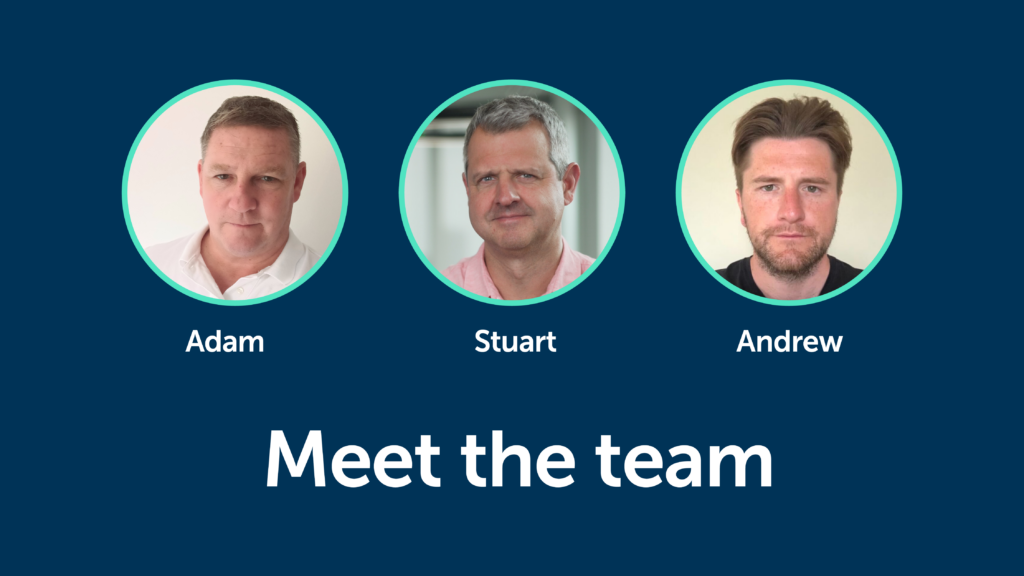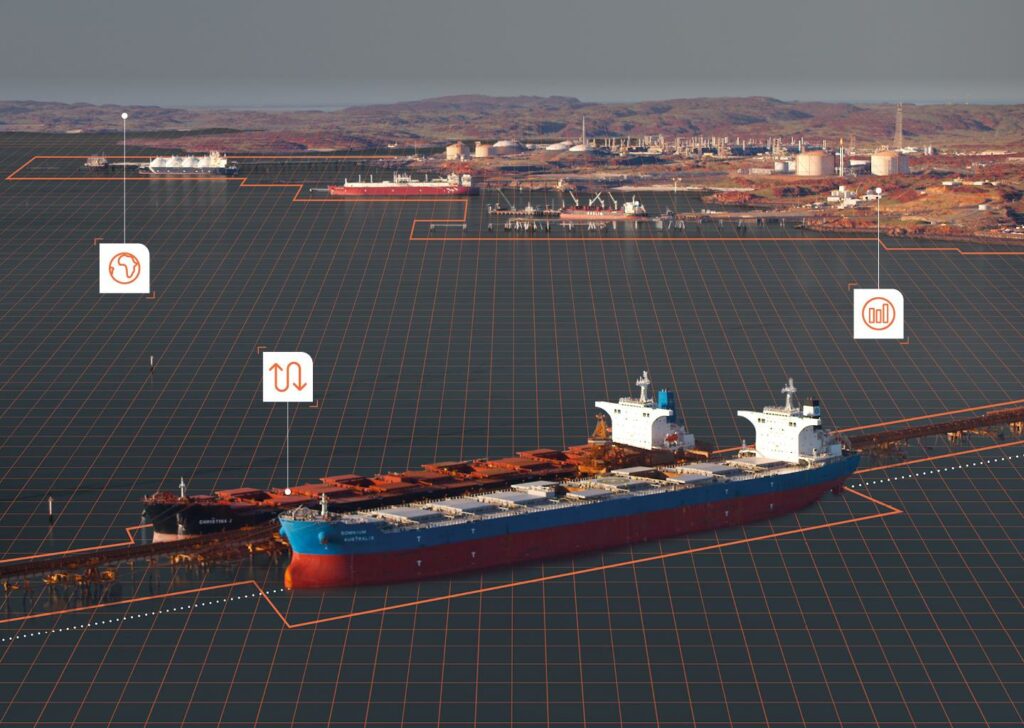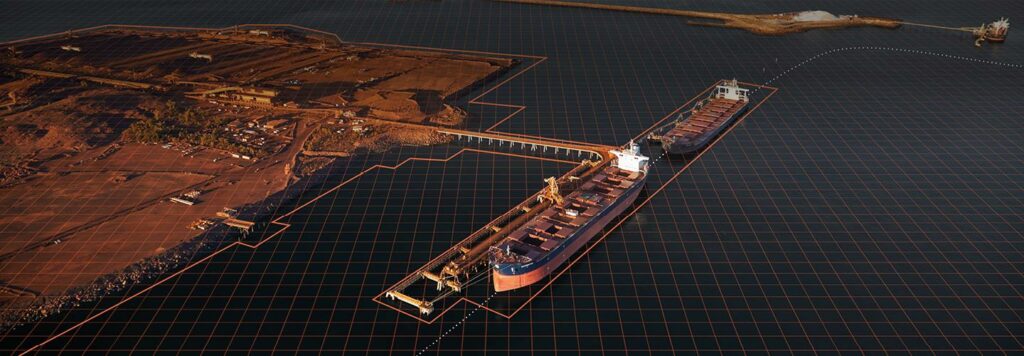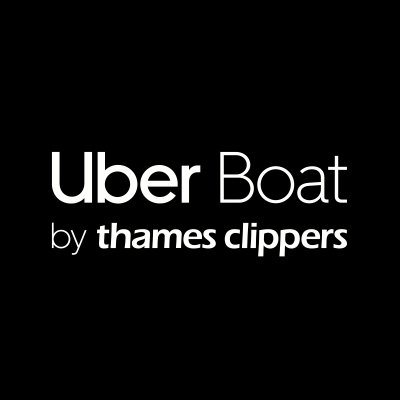Meet our Conference Partners and Sponsors 2023
Conference Partners
DP World – Navigating the future of trade through end-to-end

DP World in the UK is at the heart of Britain’s trading future. Operating two of the nation’s most accessible and productive logistics hubs at London Gateway and Southampton, we handle around £50bn of goods a year – processing enough containers each year to stretch from London to Buenos Aires and back.
As a leading operator across major UK logistics hubs, we have developed a new end-to-end offer for our customers to help navigate the future of UK trade with the rest of the world. We did this because, increasingly, businesses want an integrated service that reduces risk in the journeys of their goods by providing a single solution to complex and fragmented supply chains.
DP World’s ‘single point of contact’ solution was designed to incorporate every facet of the supply chain to meet that demand. Operating two deep water ports with access to rail terminals and a rapidly growing port-centric Logistics Park, we have an unparalleled advantage in the UK logistics sector, especially when combined with our nationwide network of warehousing, contract logistics and digital customs clearance service, CNS.
After the disruption of recent years, it has become apparent to shipping lines and cargo owners that trustworthy logistics and supply chain managers are a necessity to help navigate the trading future, both in the short-term and the long-term. With DP World’s global portfolio supporting our UK operations, we’re able to provide the speed, security and flexibility that our customers simply can’t afford to go without.
To demonstrate our commitment to the UK’s trading future, we have invested £2bn in the last decade to make trade flow smoothly in and out of Britain, with a further £1bn earmarked over the next 10 years. By investing in our operations and by focusing on the provision of a truly end-to-end service that moves customer goods from ‘factory floor to customer door’, every type of logistics challenge can be managed, solved and overcome by our world class team.
DP World in the UK’s services are going from strength to strength, and our customers can expect our dedication and efficiency to continue to help them navigate the evolving logistics sector for years to come.
Gallagher

(Click Link) How can smart ports support future cities?
Ships are getting bigger, and cargo is moving faster. The world is digital and ports and terminals have little choice but to match the pace of change or risk being left out in the cold.
Ports face an array of challenges, which are only set to intensify: increased congestion, the energy transition and reliability and visibility of supply chain. By 2050, European freight transport is expected to grow by 50%, while greenhouse gas emissions need to be reduced by at least 50%, compared to 2008 levels.
Handling over 80% of the global freight volume, ports are the place where supply and demand meet – the logistics lifeblood of our future cities. While ports’ digital expansion plans are not straightforward, eventually when operational, they will change the dynamics of the overall port system and the wider city they inhabit for the better.
What are smart ports?
In a fast-paced digital environment, the definition of a smart port has evolved. Originally the term focused solely on technology and improving terminal operations; now the scope has broadened to include all logistics activity in and around the port. Smart ports are data-centric and produce, manage and share information between stakeholders. They autonomously process port operations and optimise logistics through the use of innovative technology, including automation, AI, big data, the Internet of Things. Sustainability has grown in importance, and smart ports are being designed to take advantage of renewable energy and reduce pollution.
How can a smart port benefit the city and region they serve?
Smart ports and terminals can adapt to the predictive boom in overall demand. Improved efficiency and productivity of a smart port are two of its most attractive benefits. Cargo can be tracked, and goods are received more quickly with real-time data for customers. By way of a tangible example, a successful electronic bill of lading trial conducted by the port of Singapore, the port of Rotterdam and industry partners reduced trade document processing from an average of 6 to 10 days to less than 24 hours – vastly increasing the capacity to handle more container traffic.
Radio frequency identification (RFID) also streamlines operations, allowing port authorities sight of the origins and destinations of cargo and delivery times, making it easier to deploy port services and reducing idle time.
Smart ports’ utilisation of AI and automation can reduce accidents and increase risk detection and access to this information in real time can create a safer working environment. Condition monitoring of equipment via sensors can oversee regular maintenance, help to resolve malfunctions promptly and predict potential failures. When an issue is detected, the process can be shut down remotely, limiting the damage.
A city’s physical environment, including its port, roads and public transport are evolving into smart spaces. Sensors can be used within the smart space to create a traffic management system to avoid congestion – at the port but more widely around the city.
Read on to find out what challenges exist when adapting a traditional port into a smaller port…

Platinum Sponsors
Smart Pensions

Is it time to review your pension?
Smart Pension is one of the UK’s leading workplace pension providers and offers bespoke pension
provision for the maritime industry. Our award-winning technology platform means we can
provide a ground-breaking workplace pension that is easy to migrate to and reduces the admin
burden of running payroll, whilst delivering value for money and a sustainable investment strategy

- Do you know how much your employees are charged for their pension
scheme?2 - Is your pension administration quick and easy to run each month?3
- Do your employees have access to the latest technology to manage
their pension?

About us
● Award-winning digital- first pension provider
● 70,000+ employers work with us
● 1,400,000+ people save for their retirement with us
● £4bn+ assets under management
● Authorised and supervised by The Pensions Regulator
● Strong governance with an independent board of trustees
● UK company and team, based at The Smart Building in London
Why choose Smart Pension?

Value for money – Our digital-first technology makes us efficient which allows us to keep our charges low
Save time running your pension scheme – with our bespoke cloud-based platform and one-click API integration with all major payroll software
Dedicated transfer team and stand-out service – our dedicated team will help you switch and provide ongoing support
Smart Pension app – members can manage their pension savings on our app, at any time, with the tap of a finger
Additional benefits – members can also make the most of free financial wellbeing support alongside over 1,400 discounts with Smart Rewards
Sustainable pension – we invest sustainably to ensure a better future for our people and planet
Meet the team

Adam Tudor – over 25 years’ experience in the pensions industry. Enjoys all sports and is a long-suffering Bristol City season ticket holder
Stuart Reid – over 25 years of experience in the pensions industry, a big supporter of Ireland rugby and a coach and mentor for his girls’ football team
Andrew Sheavyn – over 10 years’ experience in financial services and a keen Chelsea supporter
Members of our Investment and Operations Team will also be at the cruise and happy to answer any questions
Gold Sponsors
Right Ship

RightShip’s Maritime Emissions Portal gives ports and terminals unparalleled insights into ship-based emissions and air quality in-port.
Ports and terminals are under pressure to reduce emissions while maintaining smooth and seamless operations. In a fast-paced and ever-changing global landscape, there is a demand on ports to keep up with the latest technologies and optimise their operations.
At the same time, environmental regulation is continually evolving. Ports must stay on top of new and changing pieces of regional, national, and supranational legislation, and be seen to respond to broader social pressures to reduce environmental impact in their local areas. The UK’s national target of net zero by 2050 is of particular interest — it is legislation with teeth, and it will start to bite if ports don’t start their decarbonisation journeys soon. Ports can also drive change in support of the IMO’s own net zero targets.
For most ports, Scope 3 emissions from calling ships are a significant difficulty in their efforts to successfully reduce environmental impact. Ship-based emissions are an unknown, unmeasured, and therefore uncontrolled factor. They are also usually the largest contributor to a port’s overall emissions impact – and frequently the focus of local communities who live nearby and want greater transparency on air quality and emissions.

Ports and terminals struggle to accurately measure ship-based emissions because they have limited access to vessel data – and limited opportunity to gather the data. Without which, it’s very difficult to establish baselines and implement a structured, standardised, and tested methodology.
RightShip’s Maritime Emissions Portal (MEP) is designed to change this. A first-of-its-kind digital solution, MEP gives ports and terminals unparalleled insights into Scope 3 ship-based emissions, Scope 1 emissions, and air quality in-port, enabling them to drive meaningful and transformative change. MEP harnesses the world’s largest and most comprehensive maritime vessel database, combining it with AIS vessel movement data and a defined process to provide a detailed, accurate, and interactive view of vessel emissions in an easy-to-use digital portal.
MEP uses an energy-based modelling approach based on UNEP and UNFCCC guidelines. Emissions are calculated in four separate operational modes across port-defined points of interest and intensity-based emissions targets. The intuitive and easy-to-use interface allows ports to not only measure and report ship-based emissions accurately and confidently, but also to improve air quality and develop effective decarbonisation strategies based on their unique requirements.
RightShip’s Maritime Emissions Portal has been adopted by some of the world’s major ports, to help them on their transformational sustainability journeys. The Port of London Authority, for example, is using MEP to take a holistic approach to sustainability, complementing its measurement and reporting power with a broader ability to help improve a port’s environmental profile over time.
The Maritime Emissions Portal is key to advancing RightShip’s vision of a zero-harm maritime industry. Maritime decarbonisation is now one of the key issues in our industry, and it is essential for all of us to work together to help stakeholders across the supply chain to address the requirements of the climate emergency and reach net zero targets.
Click here to learn more about how RightShip’s Maritime Emissions Portal can transform emissions reporting in your port.

Transport Partner
Uber Boat by Thames Clippers

Sail to work and save with new commuter ticket
Your morning commute now costs 25% less with Uber Boat by Thames Clippers.
Commuting in the capital is about to cost less with Uber Boat by Thames Clippers, London’s River Bus, introducing a new ‘Commuter AM’ ticket that offers a 25 per cent saving compared to touching in and out with an Oyster or Contactless card. Tickets can now be booked through the Thames Clippers Tickets app.
The new ticket trial gives flexibility and provides savings to Londoners’ morning commute. Available to purchase in advance or on-the-go, the Commuter AM ticket is valid for use on any Uber Boat by Thames Clippers service Monday to Friday between 06:30am and 09:30am.
Alongside the new ticket, Uber Boat by Thames Clippers’ weekly, monthly and annual season tickets continue to offer regular River Bus passengers a saving of up to 74 per cent*. For those travelling with an annual season ticket, a single journey can work out as little as £1.61**.

Serving piers from as far west as Putney and as far east as Barking Riverside, a river commute unlocks a more mindful and relaxed journey. The onboard café bar offers tasty snacks, morning coffee, or something stronger for the way home. Season ticket holders enjoy 15 per cent off at the onboard café bar.

Taking in the city’s iconic views while travelling, competitive journey times include Greenland (Surrey Quays) Pier to the City, near Tower Pier, in just 15 minutes, and Battersea Power Station to Canary Wharf, from 37 minutes.
The new ‘Commuter AM’ ticket can be purchased exclusively on the Thames Clippers Tickets app, as well as season tickets and carnets, which are also available on the Uber app. Alternatively, passengers can pay as they go, using an Oyster or contactless payment card. For more information, visit thamesclippers.com/commuter-tickets
